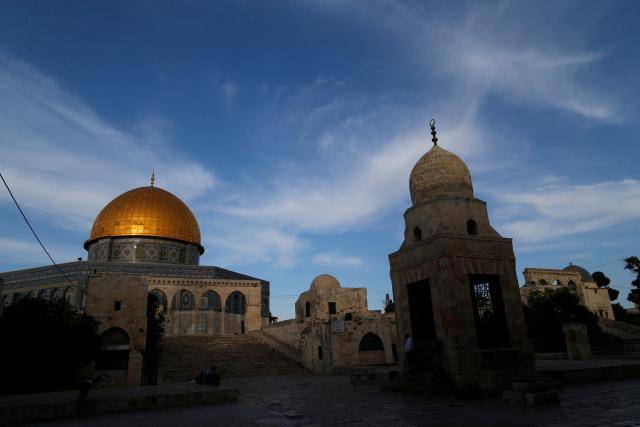Jerusalem: Why city is so important for Muslims, Christians, Jews
Shares

Jerusalem buzzes with renewed energy in the days before the start of Ramadan, Islam's holy month, when the faithful abstain from eating and drinking during daylight hours.
There's the bustle to prepare the al-Aqsa Mosque, the 8th-century Muslim shrine in Jerusalem's Old City, for the hundreds of thousands of Muslims who will come to pray. A photo essay showing the preparations can be seen here: reut.rs/2qkrFge
Palestinians employed by the Waqf, the Islamic trust that oversees the mosque and the ancient compound that surrounds it, set up tents for fasting worshippers to take respite from the heat alongside the golden Dome of the Rock, the site where the Prophet Mohammad is said to have ascended to heaven.
Around the Muslim Quarter of the Old City, shopkeepers stock up on Ramadan essentials, including bright lights for decorations and Korans and prayer beads for recitations.
Issam Zughaiar, 67, sells ornate Ramadan lanterns, called fanous, in the Old City's winding covered market. Each year he visits factories around Jerusalem and neighboring Jordan and Egypt to handpick his selection.
The twisting alleyways are filled with the scent of sweets eaten at Iftar, the nightly breaking of the fast, including atayef, sugar-soaked pancakes with cheese or nuts, and date-filled ajwa cookies.
Dutch tourist Ari Heida came to see preparations at the holy esplanade, referred to by Muslims as the Noble Sanctuary and by Jews as Temple Mount, the site of an ancient Jewish temple destroyed by the Romans in 70 A.D.
"This is why I like Jerusalem," he said. "It's the center for Jews, Christians, and Muslims."
That's also what makes this time particularly tense.
By: Miriam Berger
